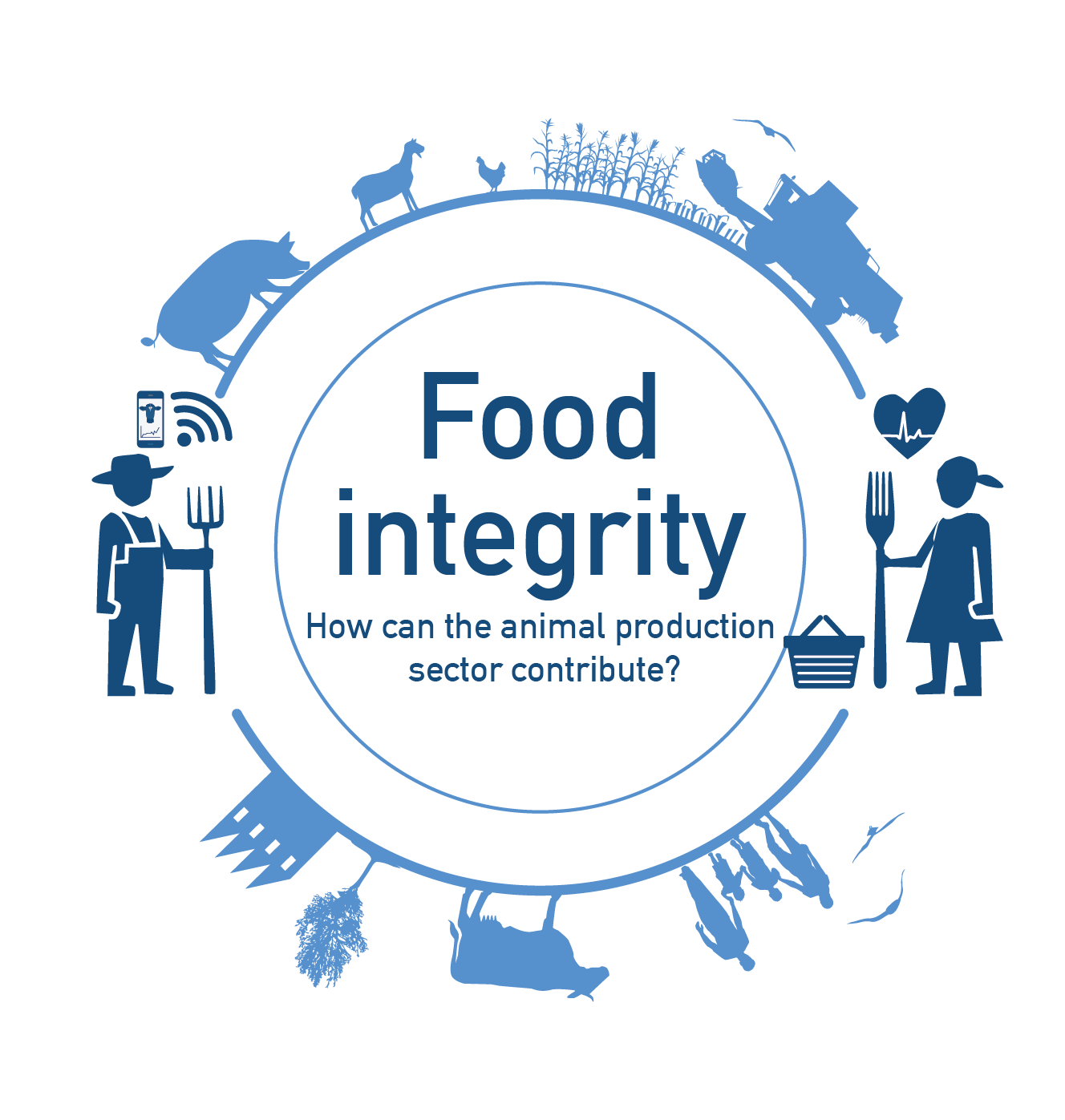Topic 2017

The demand, consumption patterns, consumers’ engagement and perceptions of food are changing and diversifying. A growing part of consumers become more interested in how their food is grown, processed and brought to market. The consumption of meat and dairy products per capita is decreasing in most European countries, with differences according to countries and species. This consumption may decrease even more as a consequence of the development of radically new technologies (e.g. cultured or vegetable “meat”, vegetable “milk”, insects…) as affordable alternatives and new consumption patterns (e.g. flexitarism…). Besides a main stream, we see an increasing segmentation of the market.
While safety issues remain a priority, the market needs products with new characteristics/qualities and products better suiting the requirements of specific populations (pregnant women, young children, seniors, people experiencing intolerances or allergies…). Beyond the nutritional and organoleptic qualities (“intrinsic value of food“), other criterion such as environmental footprint, animal welfare or the production of public goods (open landscape, image of naturalness…) are determining consumption choices. This is also called the “extrinsic value of food“. Facing such new challenges and the necessity of attain added value from the export of animal products, food processing companies are now starting to develop husbandry guidelines for the supply chain.
More than ever, a greater focus on animal derived food integrity (safety, authenticity and quality of products, but also their extrinsic value) is needed to secure Europe’s role as a leading global provider for safe and healthy animal derived products and help European food systems earn consumer trust. New efforts will require highly inter- and trans-disciplinary cooperation, systems and multi-actor approaches and major contribution by social sciences and humanities to find new tools and innovations along the food chain to improve quality and sustainability of the food systems, understand consumption patterns and consumer preferences.
Taking stock of the preparation of EC-FOOD2030 strategy, during the year 2017, the Animal Task Force engaged a dialogue between farmers, industries, stakeholders from the primary sector and from the food chain, along with decision makers, scientists and citizens to provide input for public policies and contribute to dialogie and communication in order to support the construction of animal-derived food integrity.
5th ATF-EAAP special session
28 August 2017 – Tallinn, Estonia
Since 2013, the ATF-EAAP Special Session during the EAAP Annual Meeting aims to bring together animal science with practice of animal production and connect researchers, policymakers, industry representatives and societal organisations. Every year, a different topic is addressed during this session.
- Welcome and introduction, by Jean-Louis Peyraud, ATF President, & Matthias Gauly, EAAP President
Expectations from public policies
- Consumers and meat. Demographics, Challenges, Evolving Trends. By Ellen Goddard, University of Alberta
- Example of the Bleu-Blanc-Coeur Approach. By Nathalie Kerhoas, Bleu-Blanc-Coeur
Expectations from the industry as of intrinsic and extrinsic qualities of animal-derived food
- Vision from the processing industry: Sharing SODIAAL vision. By Frédéric Chausson, SODIAAL
- Differentiation strategies in the retail industry: Focus on retail. By Benoît Rouyer, CNIEL (represented by Frédéric Chausson)
- A farmer involved in intensive production under partnership with industry. By Christian Fink Hansen, SEGES
Panel discussion, moderated by Vivi H. Nielsen, ATF Vice-President
Closing remarks. By Jean-Louis Peyraud, ATF-President
7th ATF seminar
26 October 2017 – Brussels, Belgium
- Welcome and introduction, by Jean-Louis Peyraud, President of the Animal Task Force
Vision from public policies and the civil society
- Role of animal primary production in products quality, how can research contribute? By Jean-Charles Cavitte, DG AGRI/European Commission
- Vision from the consumers’ perspective. By Camille Perrin, BEUC
- Vision from a scientist in human nutrition. By Philippe Legrand, INRA
- Vision from a public health perspective on sustainable healhy diets. By Nikolai Pushkarev, EPHA
Panel discussion, moderated by Martin Scholten, WUR
Vision from the private sector
- Retail industry: Intrinsic and extrinsic qualities of animal-derived food – the consumer co-operative take. By Silvia Schmidt, Euro Coop
- Meat industry: example of Tönnies. By Egbert Klokkers, Tönnies
- Meat industry: example of VanDrie Group. By Marijke Everts, VanDrie Group
- Dairy industry: example of Arla Foods. Hanne Bang Bligaard, Arla Foods
- Farmers’ approaches: available levers at farm to support differentiation strategies. By Seán Finan, CEJA
- Portuguese pig farmers launch their own brand. By António Tavares, COPA-COGECA Working Group for pork and pig meat
Panel discussion, moderated by Martin Scholten
Closing remarks. By Jean-Louis Peyraud, President of the Animal Task Force
